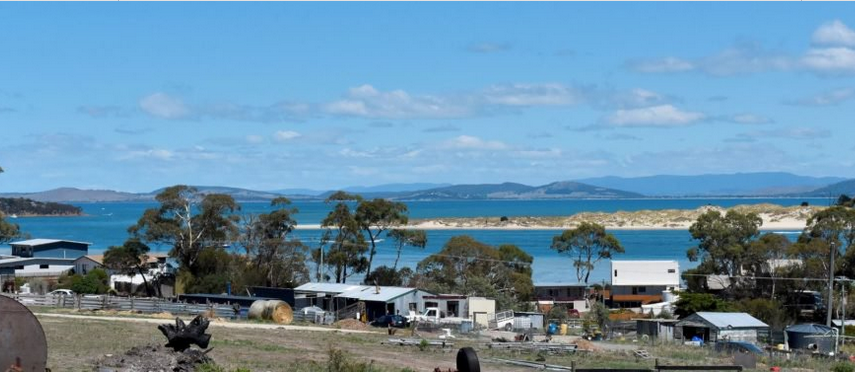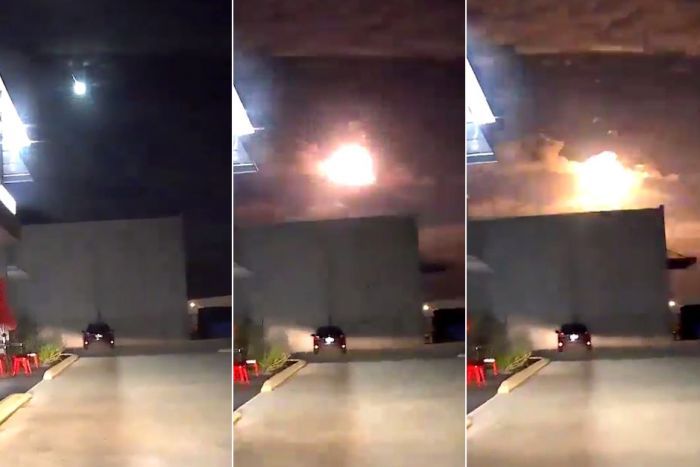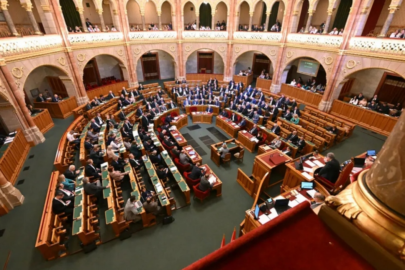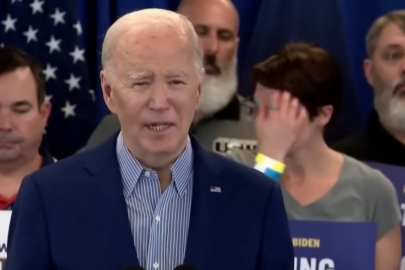The Federal Government is moving closer to imposing new restrictions on migrants planning to move to Australia, in an attempt to tackle an overpopulation issue in the nation’s biggest cities: Sydney, Melbourne and Brisbane.
Under the new plan, revealed last Tuesday by New Population and Urban Infrastructure Minister Alan Tudge, newly-arrived migrants will be required to initially settle in smaller states and regions that are “crying out for more people” and will be prohibited from living in major cities for at least five years, under their new visa conditions, as a counteractive measure against congestion.
“The issue of congestion is felt in large population centres across Australia, but is particularly felt in Melbourne, Sydney and South East Queensland, which, has accounted for three quarters of Australia’s total population growth over the last five years,” said Minister Tudge who also revealed that the cost of lost economic activity to Australia because of workers being stuck in city traffic will reach $40 billion within 10 years.
According to Minister Tudge, Australia’s population is growing rapidly and in absolute terms, grew by 3.75 million people, which amounts to twice as many as in the previous decade. The government’s overall objective is to try to improve distribution of that population growth across the country, which would take the pressure off the larger cities that are currently experiencing congestion and help the economic growth of those smaller states and regional areas which are crying out for assistance.
“Our cities are vibrant, cosmopolitan and economic powerhouses. We want to maintain this vibrancy and economic growth, but we also have to be serious about the challenges of very rapid growth, particularly the congestion challenges. There are families every day that are stuck in traffic, spending hours on the road each week which they could be spending at home. Many of the trains have reached crush capacity, if there is a train line at all. This is an infrastructure challenge, but also an employment and population challenge,” the Minister added.
Read more HERE






































